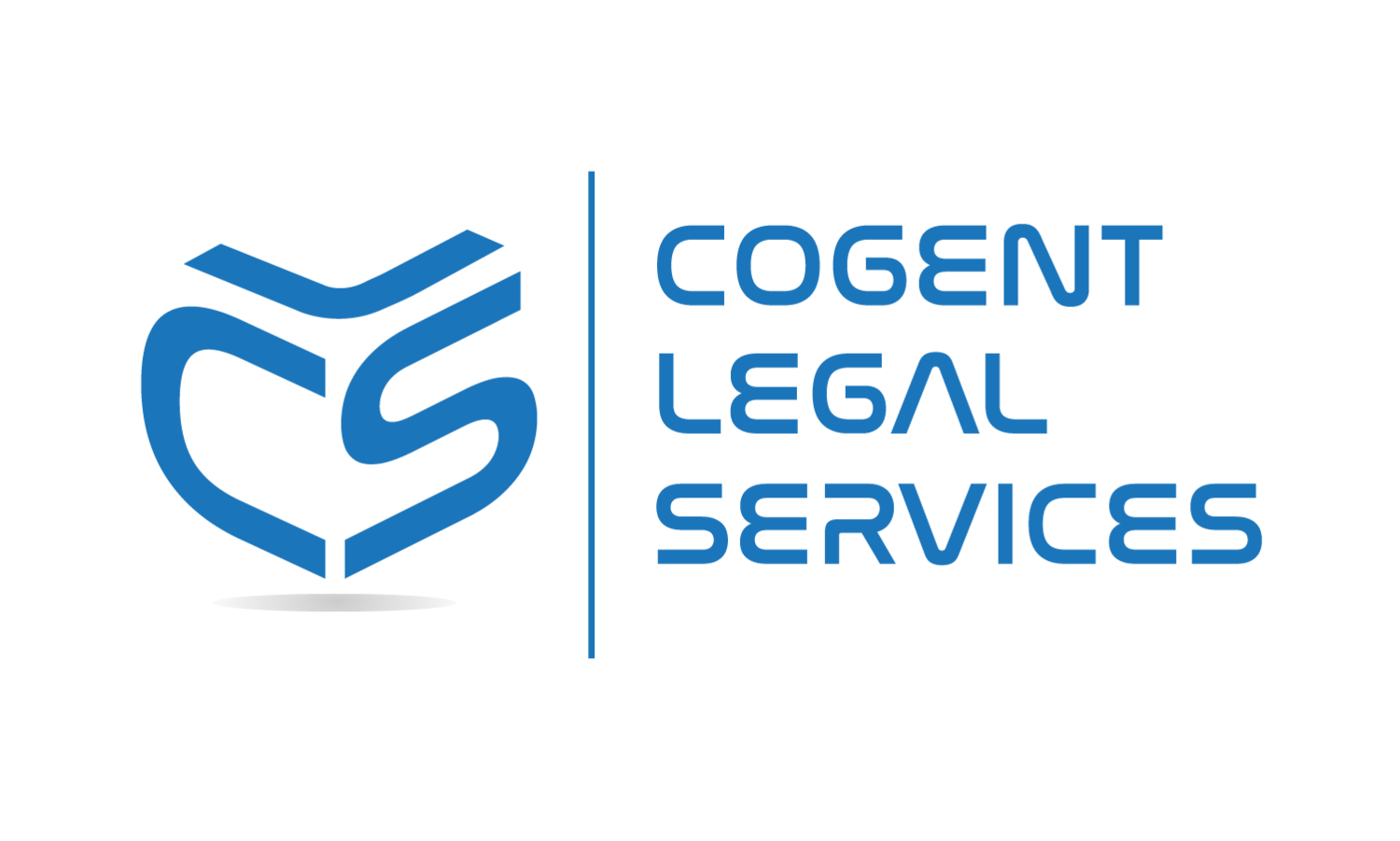The Impact of Technology on the Legal Profession
The rise of the internet has revolutionized access to legal information, transforming the way law is practiced. Technology has become a catalyst for change, reshaping the legal landscape and impacting how lawyers practice law. This article explores the evolving role of technology in the legal profession and its influence on law firms, corporate departments, courtroom proceedings, and legal professionals.
Technology in Legal Research and Analysis:
In the past, legal research relied heavily on books. However, the digitalization and storage of regulations, caselaw, and statutes have empowered legal firms to combine, store, and analyze legal information in unprecedented ways. This has paved the way for data-driven insights and statistical analysis of the law. Artificial intelligence, exemplified by IBM's Watson, is being utilized to understand and interpret legal terminology, aiding lawyers in their research. Some firms are even developing intelligent contracts that adapt based on specific information.
Evolution of Law Firms:
The automation of legal processes has transformed the role of legal professionals. Lawyers and legal secretaries now handle an increasing array of tasks, leveraging technology for data entry, word processing, telecommunications, legal research, and more. Electronic billing has replaced traditional paper invoices, while law firm websites and legal blogs have become essential marketing tools. Document management has shifted to electronic formats, allowing firms to store, search, edit, and distribute files more efficiently.
Technology in Corporate Law:
Corporate law departments benefit from a wide range of computer programs designed for various functions. These tools support activities such as trademark and patent filing, stock tracking, budgeting, subsidiary data management, organizational chart creation, and monitoring of legal fees. Technology streamlines corporate legal operations and enhances overall efficiency.
Technology in the Courtroom:
Courtrooms have embraced technology, with lawyers filing documents electronically and courts posting filings on web-based databases. This accessibility enables remote access to court documents and streamlines the legal process. Many courtrooms now feature the necessary infrastructure for an electronic age.
Empowering Legal Professionals:
Legal professionals rely on technology more than ever before. They utilize specialized database applications tailored to their areas of expertise, employ video conference tools for communication, and leverage electronic devices for daily activities. The rising use of electronic litigation database tools and e-discovery has even led to the emergence of a new profession: litigation support professionals.
Remote Lawyering:
In recent times, technology has played a pivotal role in the legal profession's response to remote work. Zoom hearings, Microsoft Teams depositions, and other online platforms have become integral to legal proceedings. Law firms and court reporting agencies, including Cogent Legal Services, provide hassle-free Florida court reporting services, adhering to ethical standards while embracing remote technology.
Conclusion:
Technology continues to reshape the legal profession, driving automation, efficiency, and access to information. From transforming law firm operations to enhancing courtroom procedures and enabling remote work, technology plays a vital role in how legal professionals practice law. Embracing technological advancements is crucial for staying competitive and meeting the evolving needs of the legal industry.

